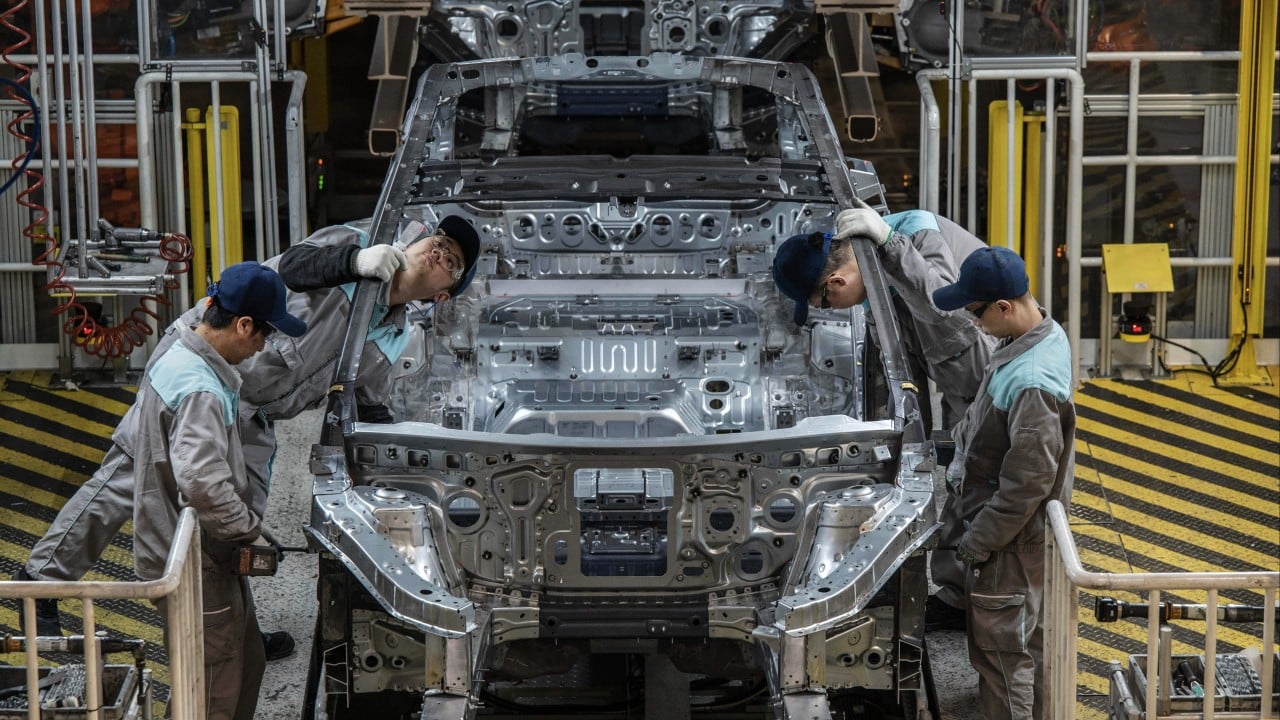China has powered ahead of other nations in terms of industrial and export development, to the point where it is now seen by rivals (not least the US) as a threat that must be countered by trade protectionism. But most analyses of its success overlook the key role played by China’s financial system.
Advertisement
The mirror image of that success is the failure by many Western economies to nurture savings collections and investment systems that are well attuned to promoting balanced economic growth. Fund management skills, though often highly honed from the point of view of maximising financial returns, do not always equate to the optimum deployment of savings in the national interest.
While China has used state funding (supplemented by private finance) to pursue a conscious industrial policy, Western economies have relied predominantly on markets to direct funds, typically to where financial returns are the highest. The former and more dirigiste approach appears to be gaining support now.
An article in the Financial Times on May 28, “The lessons from China’s dominance in manufacturing”, marked a relatively rare attempt to offer an explanation of why China’s national industrial policy, launched a decade ago, has met with defensive reactions from other nations.
What the article did not offer, however, was any attempt to compare and contrast the Chinese experience with that of market-oriented approaches in the US and Europe. And yet such analysis is essential if policymakers are to identify and address the causes of the trade wars.
Advertisement
As the FT noted, targeted industrial sectors in China range from advanced rail equipment, hi-tech maritime vessel manufacturing, and aerospace and aviation equipment, to electric vehicles and next-generation information and technology, with many others in between.

